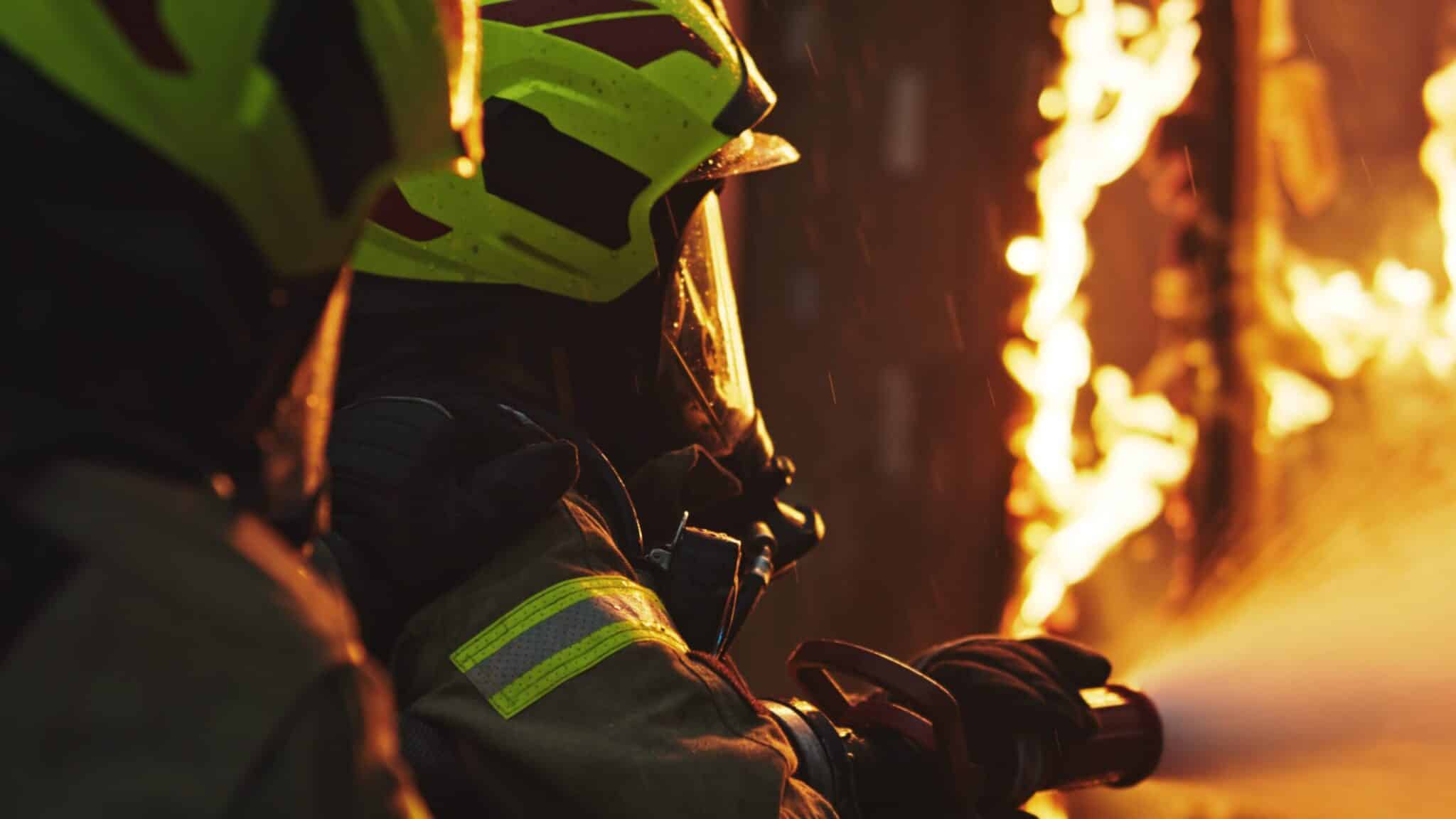
The repercussions of the Nov. 1, 2014 fire that killed six people continue to unfold in court. The deadliest house fire in 40 years has multiple cases in the courts. The most recent is the December 1, 2016 sentencing of house owner Gregory Nisbet to 90 days in jail and the maximum $1000 fine for failing to uphold fire safety codes where a third-floor window of the duplex was too small to qualify for an emergency escape route for three victims who died.
While Nesbit was cleared of manslaughter charges, he was charged with a misdemeanor building code violation — testimony in the case indicated that Nisbet knew about the code violation but didn’t do anything about it. This is the first time a landlord has gone to jail in Maine for a safety code violation, and it sets a precedent that will resonate through the state’s legal system. It also concludes the criminal charges surrounding the fire.
Nisbet has also gone to court for at least three wrongful death suites filed against him by survivors’ relatives. While some families simply want to move on, others have or will choose to file a civil case against Nisbet. Accused of causing death through negligence or intentional action, the responsible party in a wrongful death suit can be the property owner, vehicle operator, or some other situation where they are liable.
The reasons for filing for damages in a wrongful death case include (but aren’t limited to) the following:
- Expenses for funeral and/or burial.
- Medical expenses accrued during an attempt to save a victim’s life.
- Compensation for the loss of a family member who had been a financial provider for the family. The amount is traditionally based on the amount the deceased would have earned in pay throughout the rest of their working life.
- Additional expenses caused by the pain and suffering endured by surviving family members.
No amount of compensation is going to bring back the love and companionship of the deceased. Still, this money can help a family maintain the lifestyle and home they currently enjoy, and to also allow them to move on to the next chapter in their lives.
If you have a family member who has died because of negligence of another, it’s advisable to consult with a personal injury attorney as soon as possible. They can look at the case and present you with options about if or how you want to proceed.
